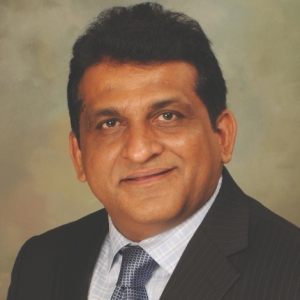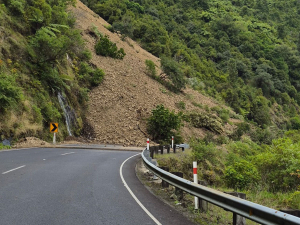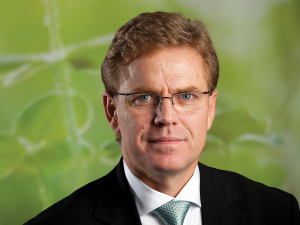BANKER SUBHAS DeGamia has seen dairy shelves in Indian supermarkets undergoing big change.
DeGamia, who five years ago moved to Mumbai as ANZ’s chief executive, says the range of flavoured yoghurts, speciality cheeses and processed milk is rapidly expanding. And India’s increasing middle class wants more speciality dairy products.
DeGamia, in Auckland last week for a NZTE and India-New Zealand Business Council seminar, says Fonterra is well placed to take advantage. “My observations from a demand perspective are that there are opportunities for a high quality processor like Fonterra,” he told Rural News.
While New Zealand may be a small country facing the “tyranny of distance” from India, there are traditional linkages and the clean green reputation that works in our favour, he says.
Most Indians know about New Zealand through cricketing and Commonwealth ties. “Their perception of New Zealand is clean, green and pristine. Dairy products from New Zealand are considered high quality and safe. So, the demand… is there and people are willing to pay a premium for high quality and safe products.”
Indian consumers’ appetites for quality New Zealand food is not confined to dairy. Our kiwifruit is sold in many parts of India and wine exports are growing. Lamb exports to India are also on the agenda.
DeGamia sees three opportunities in India for New Zealand businesses:
First, India is tipped to become the world’s most populous nation by 2030 and to become a net importer of most farm commodities.
Second, demand for value-added products will remain strong. DeGamia points out in the past 50 years about 200 million people moved into urban areas of India. About 250m more will move into cities over the next 20 years. “We have the same number of people moving into urban areas in half the time. This urbanisation creates opportunities. As disposable incomes move up, so does demand.”
Third, the supply of food will need to be backed by better technology and infrastructure between the farmgate and consumers.
The Indian and New Zealand governments are working on a free trade deal. While DeGamia opts not to comment on the status of FTA talks, he says any bilateral agreement will benefit both countries.
Two-way trade six years ago was $200 million; this grew to $1.2 billion last year. DeGamia believes an FTA will enable trade to double within years.
But even after eight rounds of negotiations a trade deal remains elusive. MFAT said after the eighth round of talks in New Delhi last year that “useful progress was made in a number of areas, but progress overall remains mixed”.
High tariff and regulatory barriers and concerns by Indian farmers about opening the dairy sector to big producers remain stumbling blocks.
Fonterra, developing milk pools outside New Zealand to meet a growing global demand for dairy, has India in its sights. Last November it announced the appointment of its first India staff and the opening of the Delhi office. It says India has a complex dairy market and “must have dedicated leadership on the ground to further strengthen relationships and develop opportunities”.










